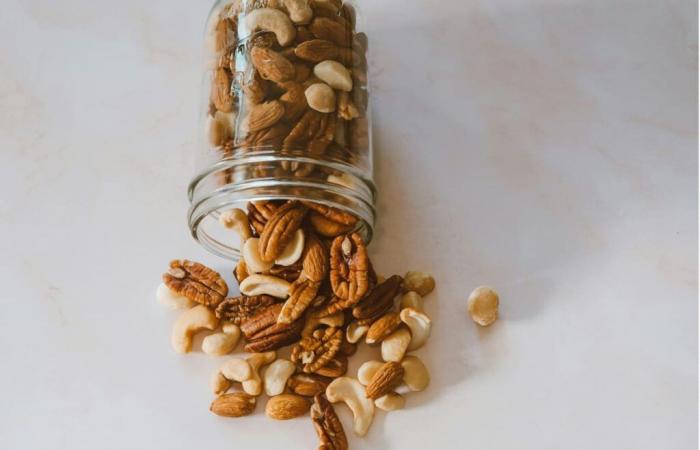High cholesterol is a silent threat that affects millions of people and can have serious consequences for cardiovascular Health. In this context, Identify what food to avoid and which to add to our daily diet It becomes essential for prevention.
Although cholesterol is a necessary substance for the proper functioning of the organism, its excess in blood, especially in the form of LDL cholesterol, also known as “bad”, represents a latent risk. This fat can accumulate on the walls of the arteries and form plates that reduce blood flow. Over time, this process can lead to serious cardiovascular diseases such as heart attacks, stroke and even sudden death.
This problem is not less frequent. Globally, the World Health Organization estimates that About 40% of the adult population has high cholesterol levels. In Argentina, the panorama is equally worrying: according to data from the 4th National Survey of Risk Factors, 3 out of 10 people over 18 have high levels of cholesterol. In turn, they are often presented without visible symptoms, which hinders their diagnosis and timely treatment.
Faced with this reality, it is key to take preventive measures, and not all are directly related to what we eat. Incorporate physical activity regularlyavoiding tobacco consumption, controlling stress and respecting sleep hours are habits that significantly help maintain cholesterol levels under control. In addition, performing periodic medical checks allows to detect any alteration in time and act accordingly.
However, although these factors are fundamental, it cannot be ignored that food occupies a central place in this equation. The food we choose every day have a direct impact About our cholesterol levels. A diet loaded with saturated, ultraprocessed and simple sugars can favor its increase, while certain foods can help to balance it naturally. In other words, food can be both an ally and an enemy, and learning to identify its effects is key to taking care of our health.
In this sense, nutritional science identified some natural products that may have concrete positive effects on cholesterol. One of them, increasingly valued, are the pecan walnuts.
This dry fruit, originally from North America and increasingly present in our country’s crops, stands out for its healthy fatty profile. Unlike others snacks, The pecan walnuts are rich in monounsaturated fatty acidssimilar to those of olive oil, which help reduce LDL cholesterol without affecting HDL, considered a protection of the heart.
In addition, as indicated by a scientific review of this type of nuts, they contain natural antioxidants such as polyphenols and vitamin E, as well as phytosterols, which, which hinders cholesterol absorption in the intestine. This combination makes pecans an ideal option for those who seek to improve their lipid profile without resorting to processed products or artificial supplements.
But its properties are not exhausted there. Pecan nuts too They help stabilize blood glucose levelsThey favor brain function for their mineral content such as magnesium and zinc, and generate satiety, which can be useful for body weight control.
Their combination of sustained energy and flavor transforms them into an excellent option for healthy collations, even in active or athletes. Of course, its caloric value is high, so it is recommended to consume them in moderation. A daily handful, about 30 grams, is enough To obtain its benefits without exceeding calories. The ideal is to incorporate them naturally or slightly roasted, without salt or added sugars.
But, as with any food, not all people can consume them freely. In those who suffer from allergies to nuts, the pecans should be avoided. Caution is also recommended in very restrictive food plans in fat or calories. That’s why, consult with a nutritionist before incorporating them It is regularly the best way to ensure that they adapt to the individual needs of each organism.
Although pecan walnuts are excellent help, they are not the only food with this effect related to cholesterol.






